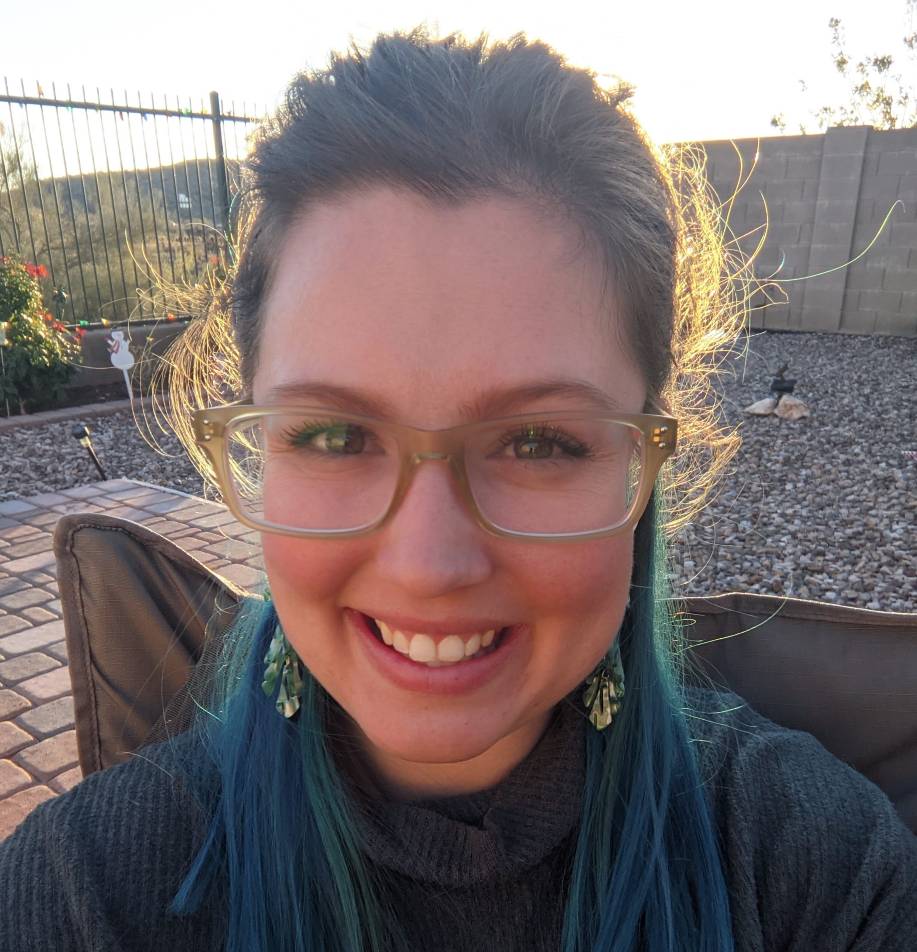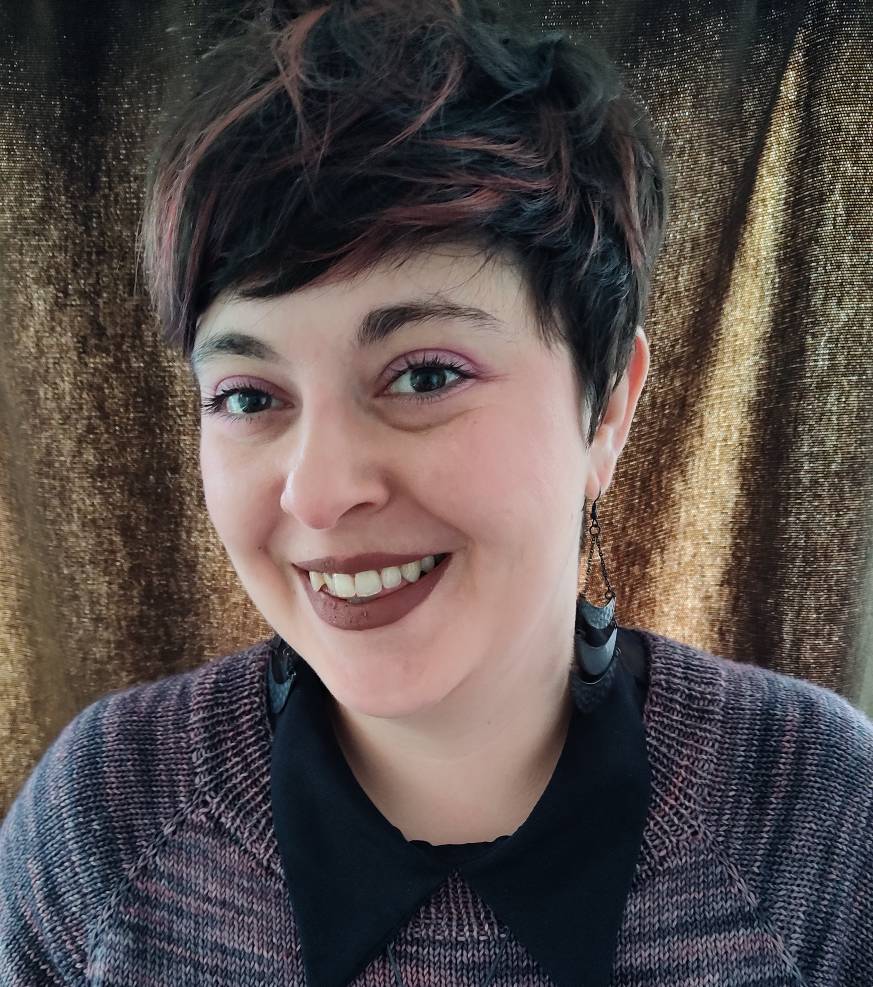Regis instructors take their pop culture pedagogy on the road
At the Southwest Popular/American Culture Association’s recent annual conference, which went virtual this year, Regis librarian Melissa DeWitt and CharLee Toth, The Learning Commons’ tutoring manager, co-led a 90-minute session about how to incorporate pop culture into classroom curriculum to engage students and enrich learning.
Both DeWitt and Toth teach a section of RCC200, the First Year Experience fall writing seminar that allows instructors to incorporate non-academic subject matter to engage incoming freshmen students. Topics have ranged from super heroes to TV detective shows. DeWitt’s fall 2020 seminar examined reality TV shows while Toth explored a “ghosts and ghouls” theme in her class.

The point? To reach students where they are with class content they understand.
“From my perspective, reality TV is an entry point to things students would already know and be able to write about,” said DeWitt, a research and instruction librarian. “Even if you hate it, that’s still an emotion you can incorporate into your writing.”
Students in DeWitt’s class engaged on important social justice topics, including racism, allyship and gender bias. They talked about what is “real” on reality TV vs. what is presented as real but is fabricated.
“We allow them to engage on topics they care deeply about, and this allows them to bring their authentic voices into our class discussions and into their work,” said DeWitt.
For their conference presentation, Astral Projections and Rose Rejections: How Reality TV and Ghost Stories Center Student Voice in Academic Discourse, DeWitt and Toth shared how to incorporate pop culture in course materials to encourage students to express themselves authentically in their writing and other assignments.

“We talked about our process of course and assignment development using pop culture to meet learning outcomes,” Toth said. “We also offered the attendees an opportunity to develop assignments for their own courses.”
Both instructors will continue to teach their respective RCC200 seminar next fall.
“I definitely want to teach it again,” DeWitt said. “I need to make some changes - some that are pandemic related but also tweaks to the course design.”
“The students were a delight,” she said. “They were so kind and empathetic about the semester. They showed up and they were engaged despite all that was going on.”